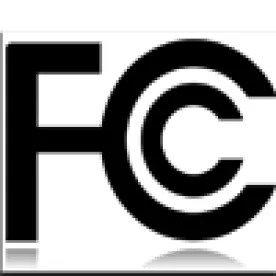As anticipated, on July 10, 2015, the Federal Communications Commission (FCC) released its Telephone Consumer Protection Act (TCPA) Omnibus Declaratory Ruling which had previously been approved on June 18, 2015. The Declaratory Ruling takes effect immediately.
In short, the Declaratory Ruling provides numerous rulings including:
- Dialing equipment that simply has the capacity to store or produce, and dial random or sequential numbers meets the TCPA’s definition of “autodialer.”
- Predictive dialers meet the definition of “autodialer.”
- Callers cannot avoid obtaining consent by dividing ownership of pieces of dialing equipment that work in concert among multiple entities.
- App developers do not make or initiate calls when one of the app users sends an invitational message using the app.
- App developers do not make or initiate a text when an individual merely uses its service to set up auto-replies to incoming voicemails.
- A called party may revoke consent at any time and through any reasonable means.
- A calling party may not limit the manner in which revocation may occur.
- If a question arises as to whether prior express consent was provided, the burden is on the calling party to prove that it obtained the necessary prior express consent.
- The TCPA requires the consent not of the intended recipient of a call, but of the current subscriber (or non-subscriber customary user of the phone) and caller best practices can facilitate detection of number reassignment before calls are made.
- Callers who make calls without knowledge of reassignment and with a reasonable basis to believe they have valid consent to make the call are permitted to initiate one call after reassignment as an opportunity to gain actual or constructive knowledge of the reassignment and cease future calls to the new subscriber.
- For telemarketing calls, prior-express-written-consent requirements apply for each call made to a wireless number, rather than to a series of calls to wireless numbers made as part of a marketing or advertising campaign as a whole.
- Nothing in the Communications Act or the FCC’s rules or orders prohibits carriers or VoIP providers from implementing call-blocking technology that can help consumers to stop unwanted robocalls.
In connection with the release of the Declamatory Ruling, FCC Chairman Tom Wheeler, who previously proposed the rulings said:
The American public has asked us – repeatedly – to do something about unwanted robocalls. Today we help Americans hang up on nuisance calls.
The text of the Declaratory Ruling makes it clear that the FCC’s interpretation of the TCPA is extremely broad, with the intent of protecting those who are called — often to the detriment of companies which are trying to reach their customers/clients, potential customers/clients, or other interested parties, often with no ill intent.




 />i
/>i

